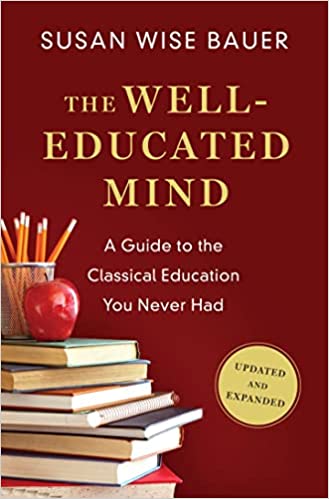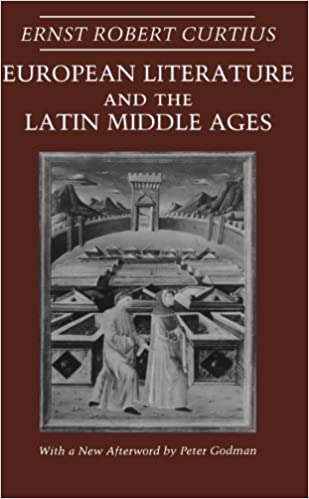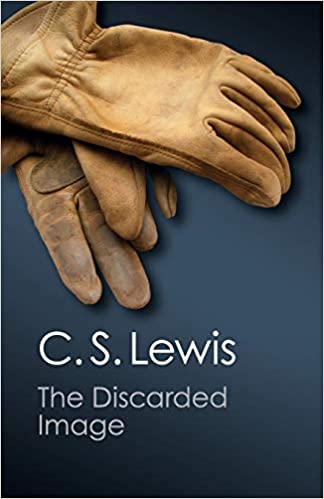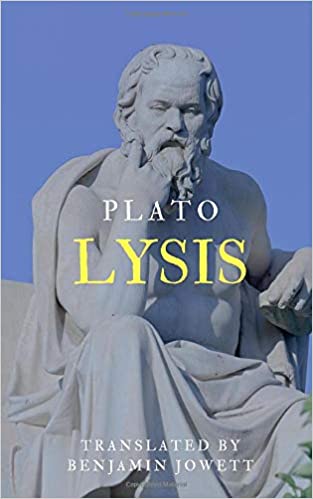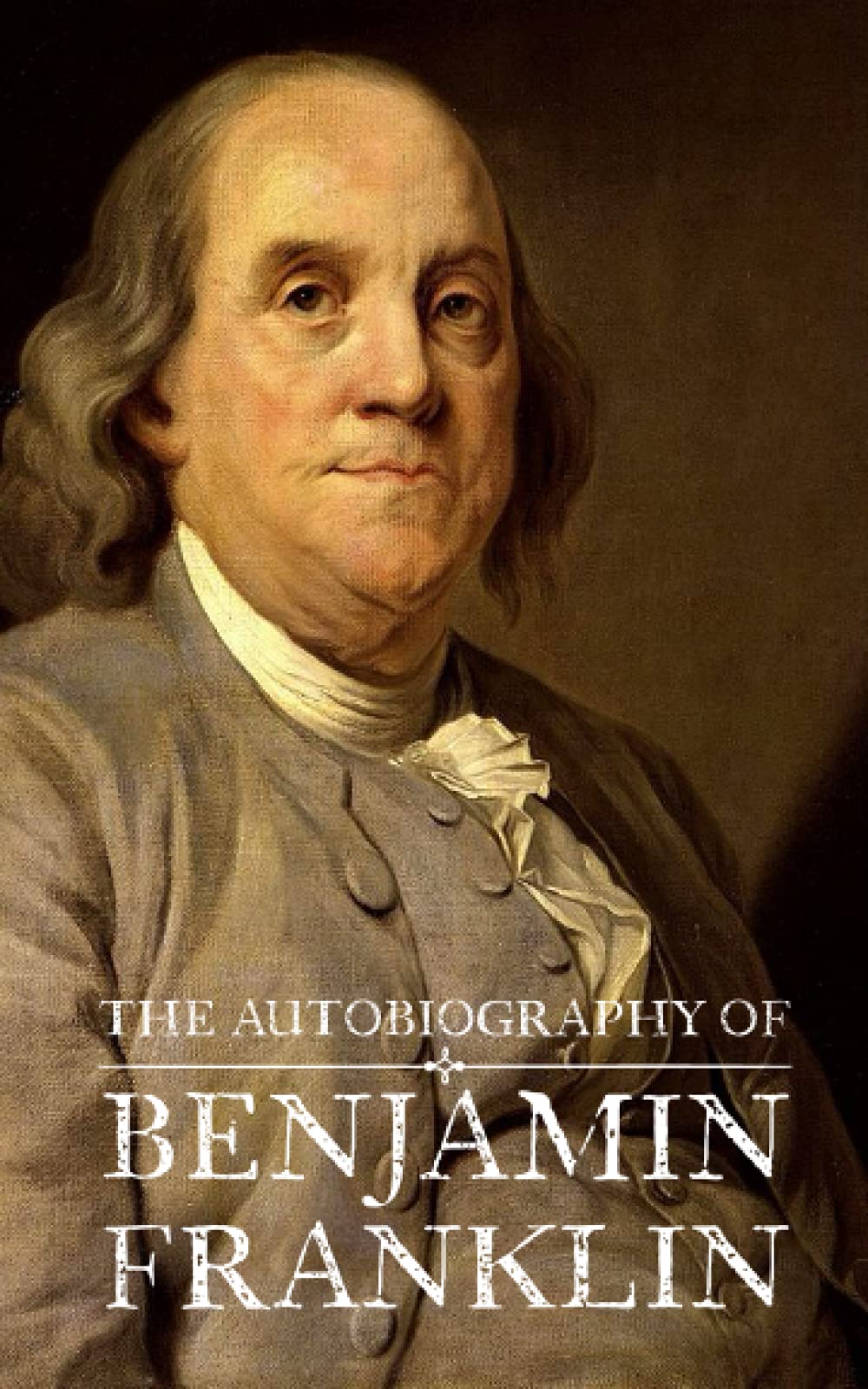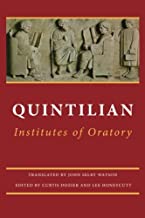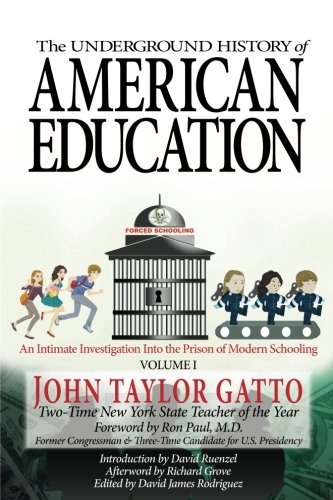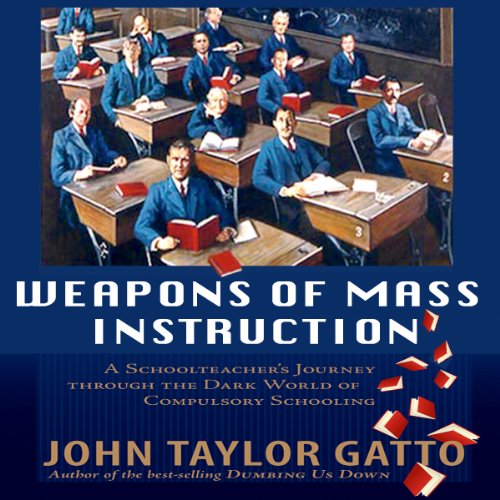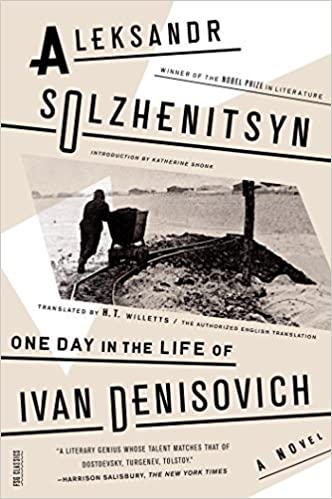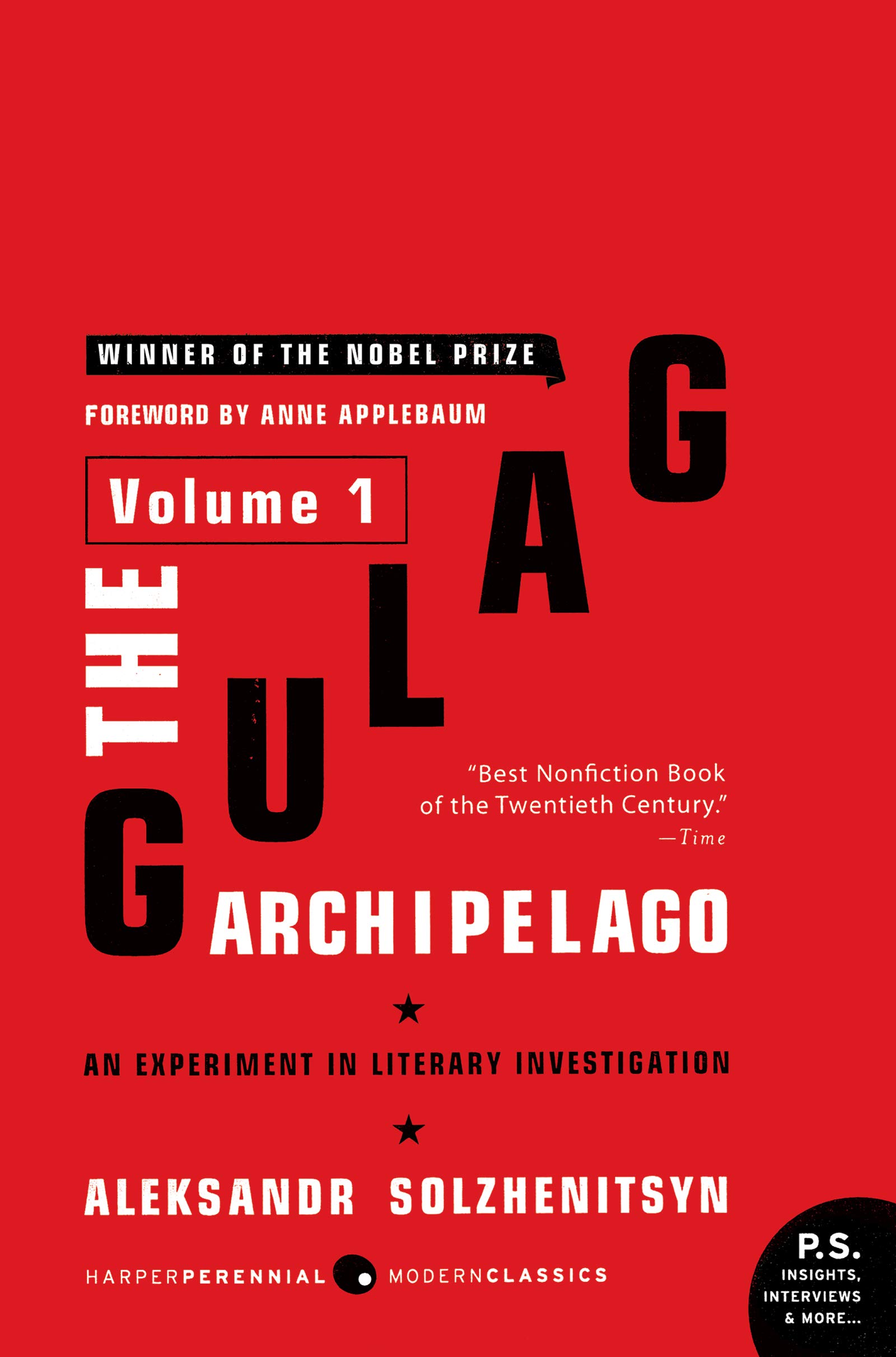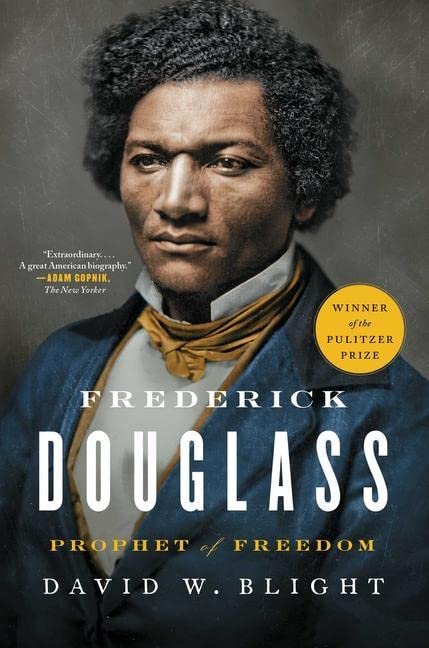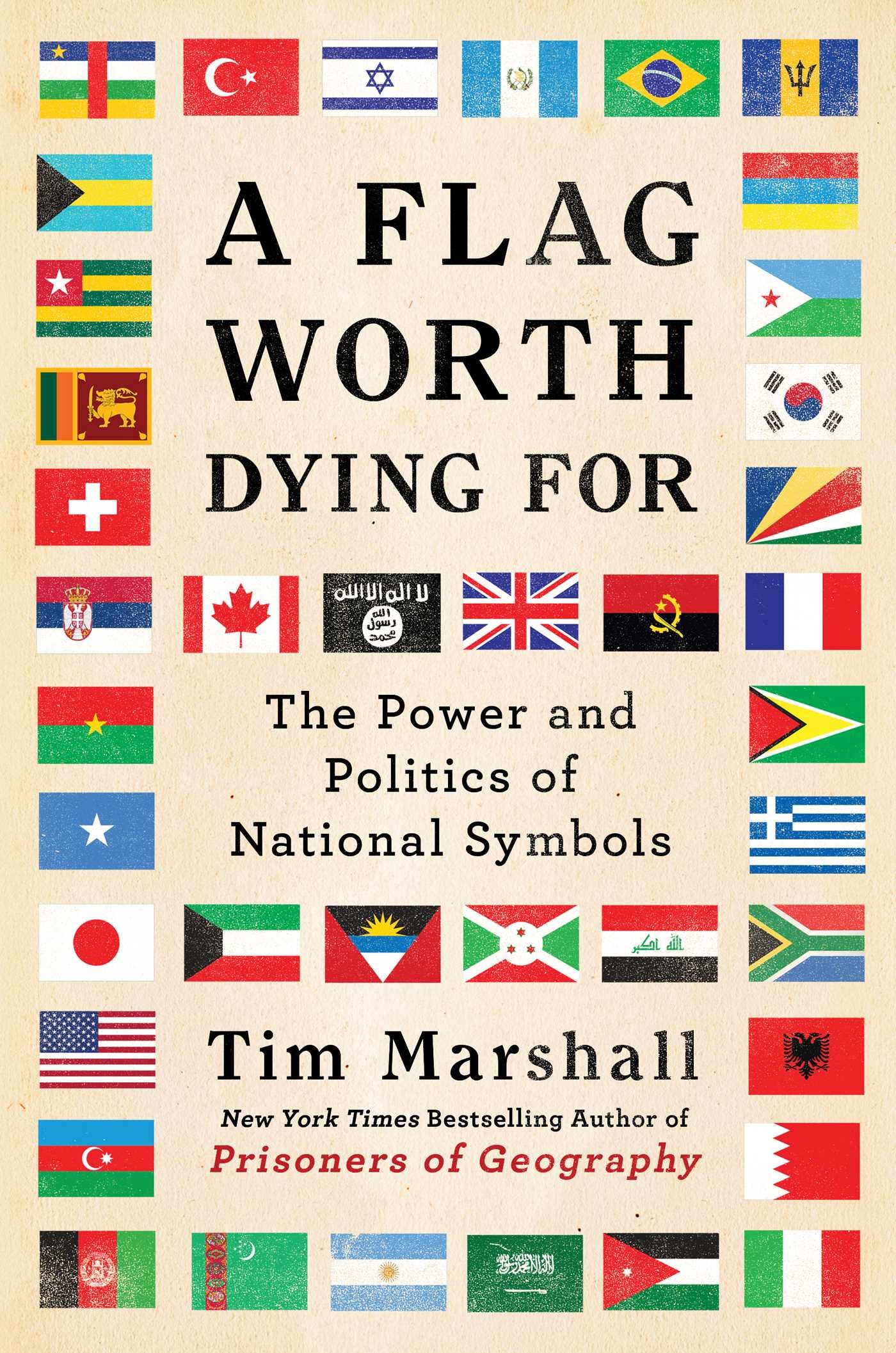The Well-Educated Mind: A Guide to the Classical Education You Never Had
The enduring and engaging guide to educating yourself in the classical tradition.
Have you lost the art of reading for pleasure? Are there books you know you should read but haven’t because they seem too daunting? In The Well-Educated Mind, Susan Wise Bauer provides a welcome and encouraging antidote to the distractions of our age, electronic and otherwise.
Newly expanded and updated to include standout works from the twenty-first century as well as essential readings in science (from the earliest works of Hippocrates to the discovery of the asteroid that killed the dinosaurs), The Well-Educated Mind offers brief, entertaining histories of six literary genres―fiction, autobiography, history, drama, poetry, and science―accompanied by detailed instructions on how to read each type. The annotated lists at the end of each chapter―ranging from Cervantes to Cormac McCarthy, Herodotus to Laurel Thatcher Ulrich, Aristotle to Stephen Hawking―preview recommended reading and encourage readers to make vital connections between ancient traditions and contemporary writing.
The Well-Educated Mind reassures those readers who worry that they read too slowly or with below-average comprehension. If you can understand a daily newspaper, there’s no reason you can’t read and enjoy Shakespeare’s sonnets or Jane Eyre. But no one should attempt to read the “Great Books” without a guide and a plan. Bauer will show you how to allocate time to reading on a regular basis; how to master difficult arguments; how to make personal and literary judgments about what you read; how to appreciate the resonant links among texts within a genre―what does Anna Karenina owe to Madame Bovary?―and also between genres.
In her best-selling work on home education, The Well-Trained Mind, the author provided a road map of classical education for parents wishing to home-school their children; that book is now the premier resource for home-schoolers. In The Well-Educated Mind, Bauer takes the same elements and techniques and adapts them to the use of adult readers who want both enjoyment and self-improvement from the time they spend reading. Followed carefully, her advice will restore and expand the pleasure of the written word.
More info →European Literature and the Latin Middle Ages
In this "magnificent book" (T. S. Eliot), Ernst Robert Curtius (1886-1956), one of the foremost literary scholars of this century, examines the continuity of European literature from Homer to Goethe, with particular emphasis on the Latin Middle Ages. In an extensive new epilogue, drawing on hitherto unpublished material, Peter Godman analyzes the intellectual and political context and character of Curtius's ideas.
More info →The Discarded Image: An Introduction to Medieval and Renaissance Literature
In The Discarded Image, C.S. Lewis paints a lucid picture of the medieval world view, providing the historical and cultural background to the literature of the Middle Ages and Renaissance. It describes the "image" discarded by later years as "the medieval synthesis itself, the whole organization of their theology, science and history into a single, complex, harmonious mental model of the universe." This, Lewis’s last book, has been hailed as "the final memorial to the work of a great scholar and teacher and a wise and noble mind."
More info →Lysis
A new, beautifully laid-out edition of the 1892 translation by Benjamin Jowett (1817-1893) of Plato's classic work.
More info →Institutes of Oratory
This is the first single-volume English translation of the "Institutio Oratoria," a treatise on all stages of the orator’s education that was written in Latin under the emperor Domitian (81–96 CE) by the Roman rhetorician and teacher Marcus Fabius Quintilianus, commonly known as Quintilian. In the course of twelve books Quintilian discusses the education of young children, rhetorical theory (including discussion of invention of arguments, arrangement, style, memory, and performance), literary criticism and history, gesture, rhythm, the ethics of persuasion, and much more. It is a treatise that has had a profound influence on education from Late Antiquity through the Renaissance and into the present day. This translation is based on that of the Rev. John Selby Watson, originally published in 1856 in two volumes and now in the public domain. For this edition the editors have updated Watson's widely admired and already very readable translation to reflect 21st century usage. Several other editions of Watson’s translation of Quintilian’s “Institutes” are available, but these are unrevised scans (often of low quality) of out-of-copyright editions and usually include only half the work, even if the title states “in twelve volumes” (this designation is copied from the title page to Watson’s original edition in two volumes). This completely re-typeset edition is the only edition of Watson’s translation to include Quintilian’s complete text in one volume.
More info →The Underground History of American Education
"The World's Most Courageous Teacher" reveals the inner circle secrets of the American school system. The legendary schoolteacher, John Taylor Gatto, invested over 10 years of dedicated research to uncover some of the most alarming ideas and writings by the creators and advocates of mandatory attendance schooling, which show where the system came from and why it was created. He combined these facts with his personal experience as a teacher for 30 years in New York public schools, where he won many awards, including being named State Teacher of the Year twice, and has authored an all-time classic. This book was originally published in 2001, and has been printed a number of times. However, this updated version includes new essays from the author, as well as contributions from Dr. Ron Paul, David Ruenzel, and Richard Grove. This is the first of a 3 book volume which will help the reader gain a solid understanding about the American school organization and many of the hidden, yet powerful parts. In this first of set, Mr. Gatto's humble yet bold personality, mixed with humor and class, makes it an enjoyable read, despite the importance and implications of the subject. Mr. Gatto says, "It's time to take our schools back. If they mean to have a war, let it begin now."
More info →One Day in the Life of Ivan Denisovich
The first published novel from the controversial Nobel Prize winning Russian author of The Gulag Archipelago.
In the madness of World War II, a dutiful Russian soldier is wrongfully convicted of treason and sentenced to ten years in a Siberian labor camp. So begins this masterpiece of modern Russian fiction, a harrowing account of a man who has conceded to all things evil with dignity and strength.
First published in 1962, One Day in the Life of Ivan Denisovich is considered one of the most significant works ever to emerge from Soviet Russia. Illuminating a dark chapter in Russian history, it is at once a graphic picture of work camp life and a moving tribute to man’s will to prevail over relentless dehumanization.
More info →The Gulag Archipelago
“BEST NONFICTION BOOK OF THE 20TH CENTURY” —Time
Volume 1 of the gripping epic masterpiece, Solzhenitsyn's chilling report of his arrest and interrogation, which exposed to the world the vast bureaucracy of secret police that haunted Soviet society. Features a new foreword by Anne Applebaum.
“The greatest and most powerful single indictment of a political regime ever leveled in modern times.” —George F. Kennan
“It is impossible to name a book that had a greater effect on the political and moral consciousness of the late twentieth century.” —David Remnick, The New Yorker
“Solzhenitsyn’s masterpiece. ... The Gulag Archipelago helped create the world we live in today.” —Anne Applebaum, Pulitzer Prize-winning author of Gulag: A History, from the foreword
Frederick Douglass: Prophet of Freedom
As a young man Frederick Douglass (1818–1895) escaped from slavery in Baltimore, Maryland. He was fortunate to have been taught to read by his slave owner mistress, and he would go on to become one of the major literary figures of his time. His very existence gave the lie to slave owners: with dignity and great intelligence he bore witness to the brutality of slavery.
Initially mentored by William Lloyd Garrison, Douglass spoke widely, using his own story to condemn slavery. By the Civil War, Douglass had become the most famed and widely travelled orator in the nation. In his unique and eloquent voice, written and spoken, Douglass was a fierce critic of the United States as well as a radical patriot. After the war he sometimes argued politically with younger African Americans, but he never forsook either the Republican party or the cause of black civil and political rights.
In this “cinematic and deeply engaging” (The New York Times Book Review) biography, David Blight has drawn on new information held in a private collection that few other historian have consulted, as well as recently discovered issues of Douglass’s newspapers. “Absorbing and even moving…a brilliant book that speaks to our own time as well as Douglass’s” (The Wall Street Journal), Blight’s biography tells the fascinating story of Douglass’s two marriages and his complex extended family. “David Blight has written the definitive biography of Frederick Douglass…a powerful portrait of one of the most important American voices of the nineteenth century” (The Boston Globe).
In addition to the Pulitzer Prize, Frederick Douglass won the Bancroft, Parkman, Los Angeles Times (biography), Lincoln, Plutarch, and Christopher awards and was named one of the Best Books of 2018 by The New York Times Book Review, The Wall Street Journal, The Boston Globe, The Chicago Tribune, The San Francisco Chronicle, and Time.
More info →
